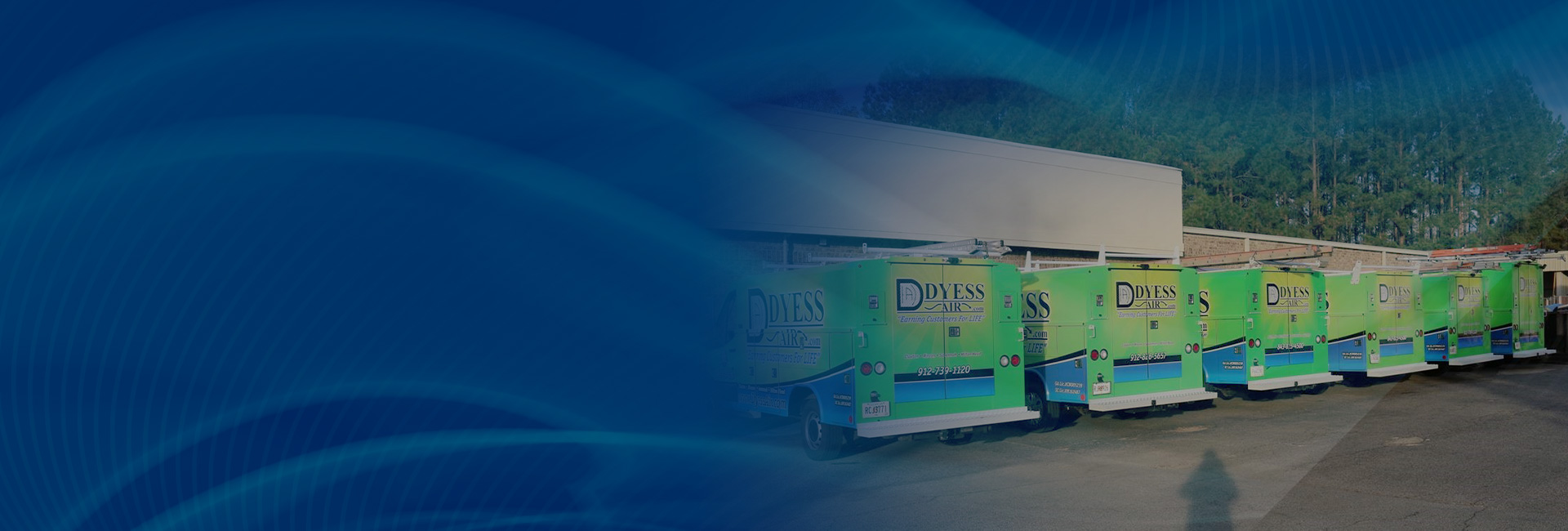Furnace
What is it?
A furnace typically generates heat by burning natural gas or fuel oil, though some are electrically powered. Furnaces work by forcing air through ignited burners that heat it as it passes through. Fans then blow the heated air into your home through your ductwork.
Benefits
Reliability. Furnaces have been popular for so long because you can depend on them for 15 to 20 years, and they can combat even the most frigid of temperatures. Heat is created directly from the furnace by burning fuel, whereas the other options merely take heat from outside and move it inside. This makes furnaces a necessity for homes in the Northeast and Midwest that endure an icy winter every year. For our customers in the coastal South, they may not be the most efficient choice.
Restrictions
Furnaces aren’t as versatile as some of the other options. They require the infrastructure of natural gas lines and good ductwork. While some new models reach up to 98% efficiency, most fall around 80%. This is adequate, but not as good as other home heating options. While furnaces are quite durable, you’ll need routine maintenance to ensure you are not at risk for carbon monoxide leaks. Additionally, furnaces solely heat your home and you will need a separate cooling system.
Heat Pump
What is it?
Heat pumps are an electric alternative! As we mentioned earlier, a heat pump doesn’t create its own heat, but rather extracts heat from the outside air and pumps it into your home. It can also do the same thing in reverse! It can take heat from your home and send it outside, essentially functioning as an air conditioner as well. You will need an indoor and outdoor unit to accomplish this.
Benefits
Heat pumps tend to be more efficient and cost-effective than furnaces; however, cold temperatures can impact costs. In our service areas of coastal Georgia and South Carolina, our mild winters won’t really impact the efficiency of your heat pump. Also, heat pumps are at no risk of carbon monoxide leaks since they are not gas-operated.
Restrictions
Since heat pumps consist of separate outdoor and indoor units, you’ll need to do twice the amount of maintenance. Additionally, they are not as powerful as furnaces and may not heat your space as effectively in colder temperatures.
Ductless Systems
What is it?
A ductless heat pump system—also called a ductless mini-split—efficiently heats or cools one area of your home. These small electric units transfer heat just like a heat pump but don’t rely on ductwork to distribute heat throughout your home. Instead, mini-splits are installed right on your wall and can cut heating costs in half.
Benefits
The benefits lie primarily with the added energy efficiency. With a ductless mini-split, you won’t have any heat loss from air traveling through ductwork. Instead, warmed air will be directly delivered to your room. If you use only mini-splits to heat your home, you’ll be able to customize temperature settings in each and every room with ease. Your energy company may offer a rebate for installing a ductless system. You can check for eligibility here.
Restrictions
One of the downsides—these are installed on your wall and could disrupt your home’s aesthetic. Furthermore, ductless systems only heat one room, so you’ll need multiple systems installed throughout your home. If you already have a whole-home heating system, you can add a ductless mini-split, in conjunction, to help make the overall system more efficient.
What is Right for You?
A furnace is probably best for you if:
You already have a great air conditioning unit installed.
You have natural gas lines already connected to your home.
A whole-home heat pump is probably best for you if:
You want a combined heating and cooling system (great if you want to replace your A/C).
You are sick of high gas bills and want to save money.
A ductless mini-split system is probably best for you if:
You don’t already have ductwork in your home.
Energy-efficiency is most important to you.
You only want to heat and cool the most used rooms in your home.
A heating system impacts your wallet and the health and safety of your family. Our HVAC specialists at Dyess Air & Plumbing can install any system you need throughout South Carolina and Coastal Georgia. Give us a call today at (843) 242-0855!

.1910150920550.png)